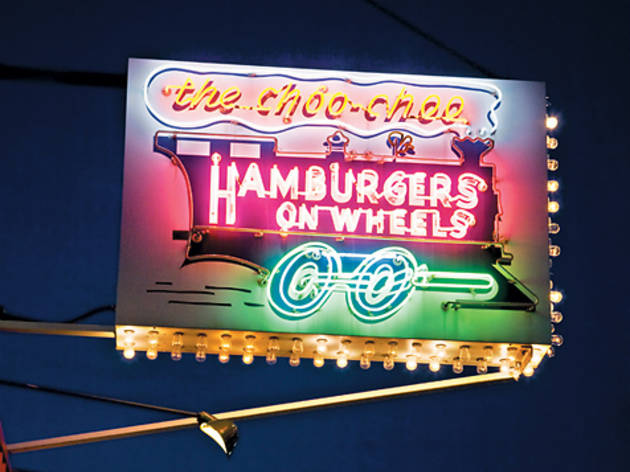Devon Avenue in Chicago's West Ridge and Rogers Park communities was loaded with bakeries in the 1960s & 70s. If you know a bakery that belongs on this list, please leave the name and address in a comment below.
 |
| They are still open on Devon Avenue. |
 |
| Tel-Aviv is still open on Devon Avenue. |
Devon Avenue in Chicago's West Ridge and Rogers Park communities was loaded with bakeries in the 1960s & 70s. If you know a bakery that belongs on this list, please leave the name and address in a comment below.
DEVON AVENUE BAKERIES, EAST TO WEST.
Arfa Bakery, 1348 W Devon Avenue, Chicago
Litberg's Bakery, 1519 W Devon Avenue, Chicago.
Nelson's Bakery, 2245 W Devon Avenue, Chicago
Heinemann's Bakery, 2255 W Devon Avenue, Chicago
Devon Bakery, 2301 W Devon Avenue, Chicago
Burny Bros. Bakery, 2433 W Devon Avenue, Chicago
Schlosser's Bakery, 2433 W Devon Avenue, Chicago
Farber's Bakery, 2502 1/2 W Devon Avenue, Chicago
Gross Bakery, 2546 W Devon Avenue, Chicago
Leonard's Bakery, 2651 W Devon Avenue, Chicago
Kuznitsky's Bakery, 2745 W Devon Avenue, Chicago
Gitel's Kosher Pastry Shop, 2745 W Devon Avenue, Chicago
Knopov's Bakery, 2815 W Devon Avenue, Chicago
Levinson's Bakery, 2856 W Devon Avenue, Chicago
Tel-Aviv Kosher Bakery, 2944 W Devon Avenue, Chicago
I lived one block North of Devon at 2800 West in the 1970s. We visited different bakeries to get what we loved: rye bread from one bakery, chocolate pastries from another, a special bakery to order awesome birthday cakes from, and Pecan Rolls from Levinson's Bakery, 2856 W Devon Avenue, with a pecan glaze to hold on to all the nuts.
We'd slice the tall, roundish (envision an upside-down cupcake) and 5 inches high. We'd cut the rolls into thirds, butter the inside and both sides of the middle slice, and put them in a hot skillet, butter side down, to toast. They still are the best ever!
Compiled by Dr. Neil Gale, Ph.D.
























 \
\







